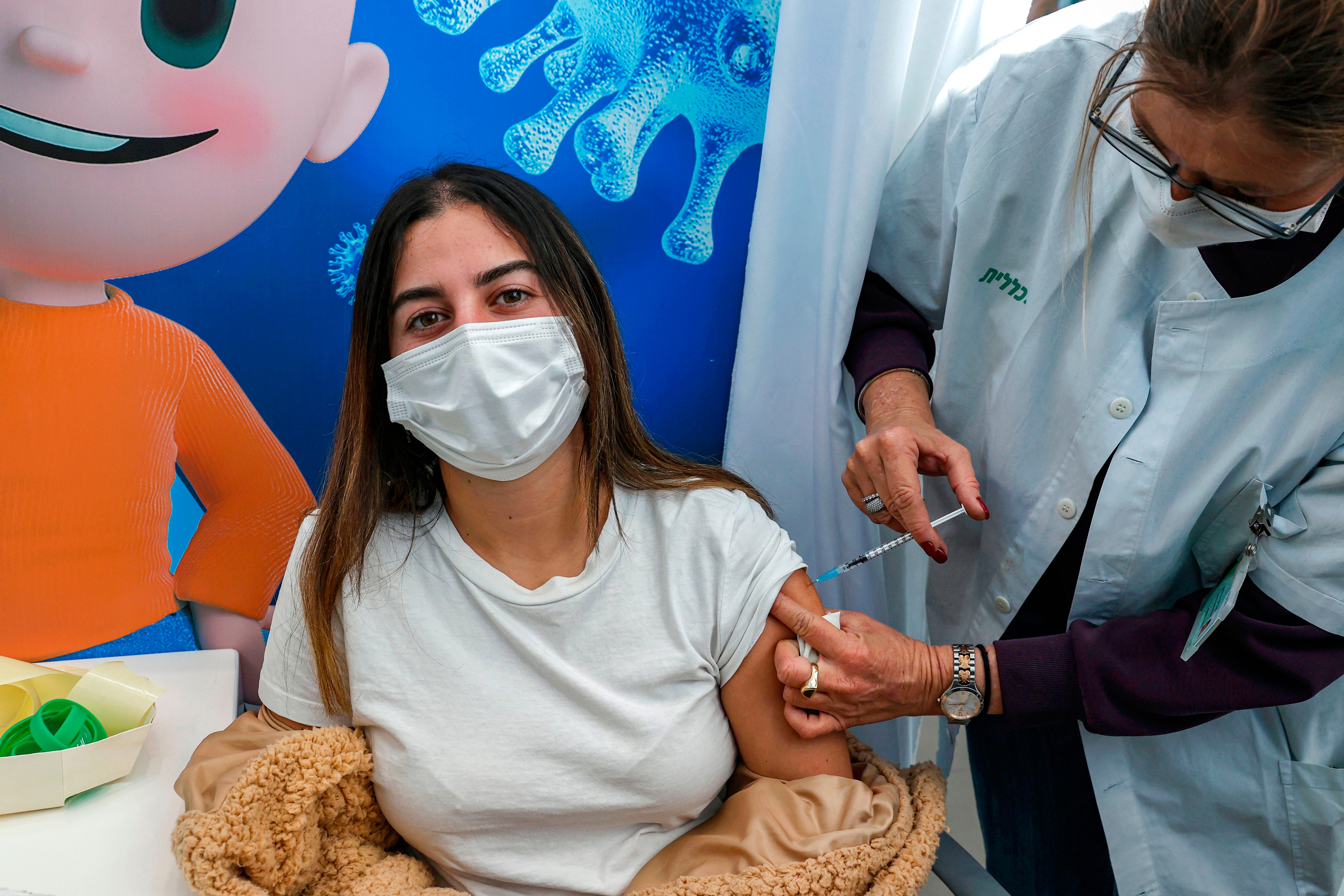Young people more likely to suffer rare vaccine blood clots, MHRA says
More than 50 cases recorded in people in their twenties and thirties in UK

Your support helps us to tell the story
From reproductive rights to climate change to Big Tech, The Independent is on the ground when the story is developing. Whether it's investigating the financials of Elon Musk's pro-Trump PAC or producing our latest documentary, 'The A Word', which shines a light on the American women fighting for reproductive rights, we know how important it is to parse out the facts from the messaging.
At such a critical moment in US history, we need reporters on the ground. Your donation allows us to keep sending journalists to speak to both sides of the story.
The Independent is trusted by Americans across the entire political spectrum. And unlike many other quality news outlets, we choose not to lock Americans out of our reporting and analysis with paywalls. We believe quality journalism should be available to everyone, paid for by those who can afford it.
Your support makes all the difference.Younger adults are particularly affected by the rare blood clotting disorder linked to the Oxford-AstraZeneca vaccine, the UK's medicines regulator has said.
The Medicines and Healthcare products Regulatory Agency (MHRA) said there were 209 cases in the UK of the rare combination of blood clots with low platelet counts following being vaccinated the Oxford-AstraZeneca jab, with 41 deaths, up to 21 April.
This is up from 168 cases and 32 deaths the previous week.
Scientists have found that people who develop clots after vaccination have produced antibodies that activated their platelets, a blood component involved in clotting.
Germany, the Netherlands, Portugal, Spain and the Philippines have recommended the AstraZeneca vaccine be given only to people over 60. Canada and France have limited it to those over 55. Denmark and Norway have stopped using the vaccine entirely, because of the risk of clots.
The new data also shows 24 cases of clots in people aged 18 to 29, 28 in those in their thirties, 30 in people in their forties, 59 in people in their fifties and 57 in those aged 60 and above, with the age not known in the remaining cases.
The numbers appear to rise with age but that is because more older people have been vaccinated. Fewer than one in five clots was fatal.
The latest NHS England data show that 5.5 million people under 45 had received a first dose by 25 April, while 22.6 million of those 45 and over had done so.
MHRA chief executive June Raine said no medicine or vaccine was without risk, but that blood clots were extremely rare.
She added: “The benefits of the vaccine continue to outweigh the risks for most people. It is still vitally important that people come forward for their vaccination when invited to do so.
“We ask anyone who suspects they have experienced a side effect linked with their Covid-19 vaccine to report it to the Coronavirus Yellow Card website.”
The data also showed that 120 cases of clots were recorded in women and 89 men, and the overall case fatality rate was 19 per cent.
Additional reporting by PA
Join our commenting forum
Join thought-provoking conversations, follow other Independent readers and see their replies
Comments